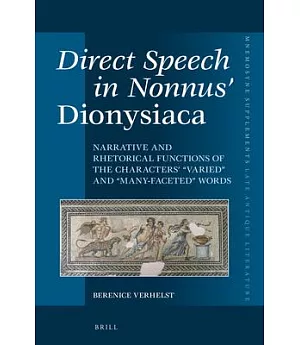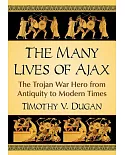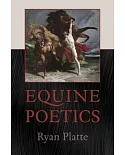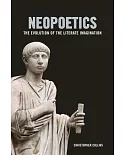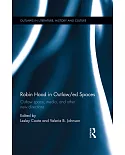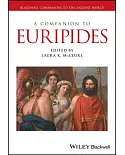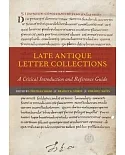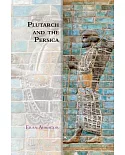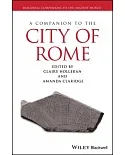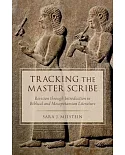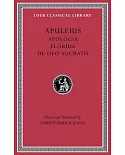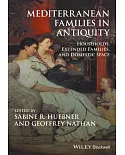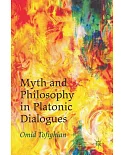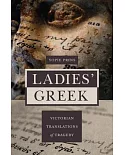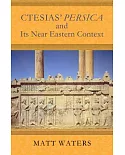Verhelst analyzes the direct speech in the Dianysiaca the magnum opus of the Greek epic poet Nonnus of Panopolis. Written during the middle fifth century AD, she says, it is the longest
surviving ancient Greek poem, and can be seen as the last bastion of the Greek mythological epic tradition. By focusing on speeches by characters, she sheds new light on the the relationship
between the classical and un-classical aspects of the poem. She covers imitation and transformation: from Troy to India and from Medea to Morrheus, types of epic speech: the battle exhortation,
speeches within speeches, the rhetoric of deception: persuasive strategies, ecphrastic ethopoeae and the perspective of the text-internal observer, and the rhetoric of seduction and failure of
communication in the Beroe episode. Annotation ©2017 Ringgold, Inc., Portland, OR (protoview.com)

